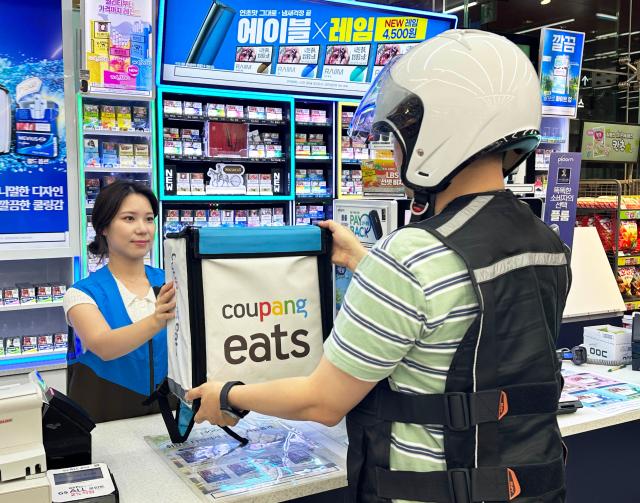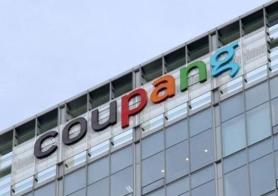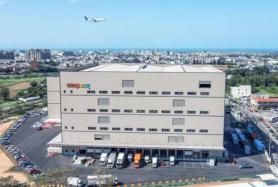
But its dominance faces a new test: the rapid advance of Chinese discount platforms offering rock-bottom prices and building out local logistics networks.
AliExpress, owned by Alibaba, and Pinduoduo’s Temu have surged in popularity among Korean consumers drawn to their ultra-low prices. AliExpress now counts nearly 10 million monthly active users in Korea, second only to Coupang’s 32 million.
“Chinese e-commerce firms are following suit in Korea by building their own supply chains, starting with logistics centers,” Ko Yun-seung, a professor of online commerce at Seoul Cyber University, told AJP. “What matters now is how quickly they can deliver products in each region.”
For now, Coupang still leads with a 22.7 percent share of Korea’s online retail market, edging out Naver at 20.7 percent. The company generated 23.5 trillion won ($17 billion) in transactions in the first half of 2025, up 158 percent from four years earlier. It also posted an operating profit of 443 billion won, reversing years of heavy losses.
But Chinese entrants are reshaping the battlefield.
Long defined by speed — with same-day and even one-hour delivery services pioneered by Coupang and its domestic rivals — Korea’s e-commerce war is now also about price. Wages in China’s interior cities remain far lower than in Korea, giving Temu and AliExpress cost advantages that Korean firms cannot easily match.
“The main threat is price — nothing else,” Professor Ko said. “Korean companies can’t compete with Chinese labor costs.”
Korean platforms are instead doubling down on their traditional strengths: rapid fulfillment and high-touch service.
Coupang in August expanded its one-hour delivery pilot in Seoul, while Naver, CJ OnStyle and discount chain Daiso have all rolled out competing express services. Industry analysts expect more alliances as local firms try to pool resources to offset cost disadvantages.
Copyright ⓒ Aju Press All rights reserved.




